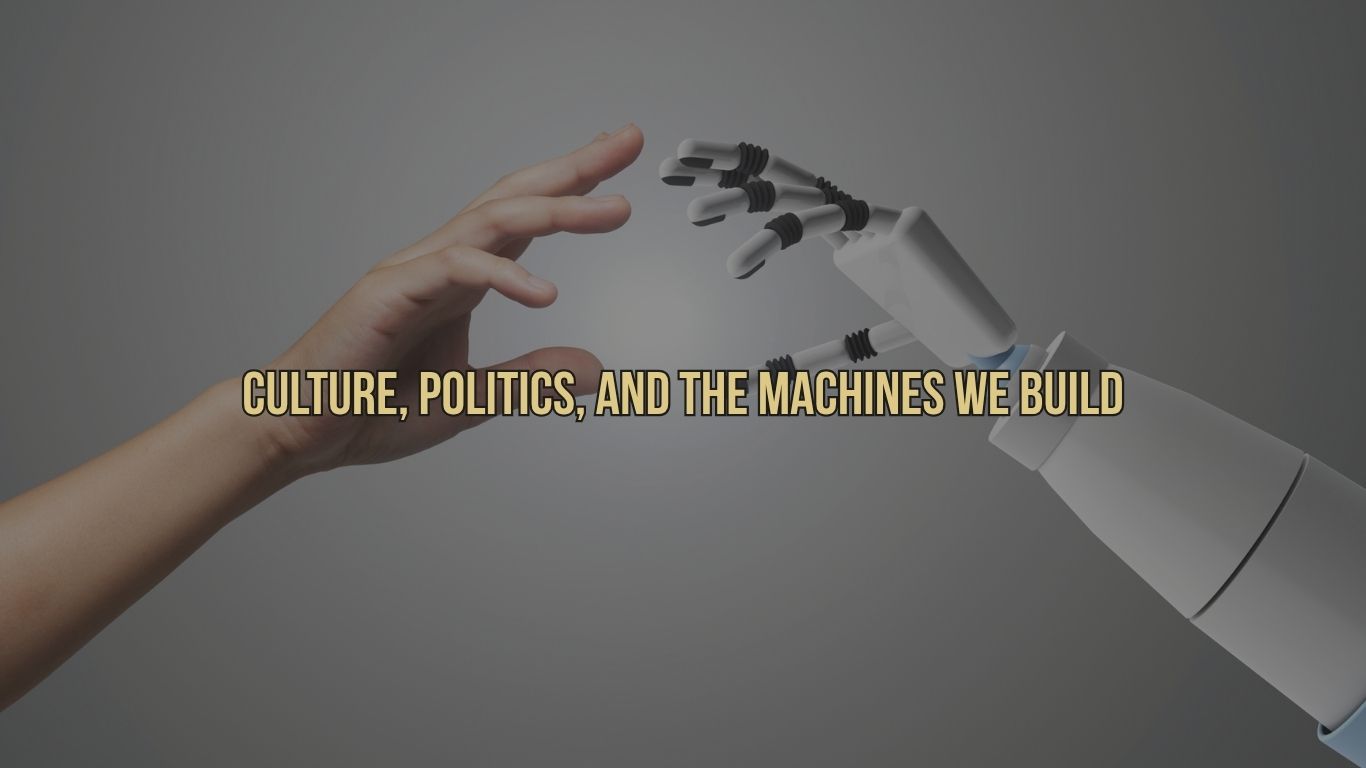
Intro
I follow the news about AI not as much as I should, but enough to stay well-informed. When I say “news,” I’m not talking so much about new tools and techniques but about emerging use cases, implications, misuse, and broader impact. Most of the articles I come across focus on AI’s influence on business or, more recently, on psychology. However, I rarely, if ever, see articles discussing how AI could influence our political system.
We’re pouring massive amounts of money and energy into AI trying to increase shareholder value. Yet, there’s still no large-scale, practical use of LLMs that justifies the resources being invested. At the same time, we’re worried about losing jobs and how AI will reshape the economy.
Don’t get me wrong, I’m not anti-AI, anti-LLM, or indifferent to economic concerns; it’s quite the opposite. I admire modern AI and what it can do, and I deeply respect the incredible engineering behind it. We may no longer build physical wonders like past civilizations, but we’re creating digital marvels. For me, deep learning and neural networks are modern-day wonders. And I recognize the economic consequences that come with powerful new tools.
Politics and Culture
Still, there’s another aspect just as important, if not more so, than the economy: culture and politics.
Let’s define culture as the entirety of human behavior and action. In that broad sense, everything we do is culture. Politics, then, is a part of culture, managing society. But politics isn’t just part of the culture; it also reflects it. If we study a society’s culture, we can often understand how and why its political systems and processes function the way they do. Culture and politics are deeply interconnected and mutually influential.
Problem
Politics is messy, full of laws, actors, institutions, and conflicting agendas. For an ordinary person, it’s hard to make sense of it all. What’s even going on in the political sphere in some countries?
That’s why we have political analysts and journalists. But they, too, can make mistakes. In his book Expert Political Judgment, Philip Tetlock asked hundreds of political experts to forecast political events. He found that their predictions were statistically no better than chance. This is not because they were uneducated or incompetent but because society and politics are simply too complex for anyone to predict reliably.
This makes it hard for regular citizens to understand what’s happening and how it might affect their daily lives. And that’s what matters most to people: Can I pay the bills? Can I buy groceries? Can I go to the hospital when needed? Will my child get a good education?
These are the “simple” yet fundamental questions people want answered, especially concerning politics or the economy.
We can build tools to help people make better decisions and understand what’s happening. These tools won’t be perfect, but even a slight improvement over the current state of guessing would be progress.
The Vision
Let’s imagine a tool (or set of tools) that consolidates government decisions, political speeches, campaign promises, news headlines, and even social media posts. Imagine synthesizing all that into a political map that helps ordinary citizens navigate the political landscape.
Use case? Picture this: elections are approaching. Every politician is making promises and flooding the public space with noise. I, as a voter, don’t know who to trust. Candidate A seems honest, but their views don’t align with mine. Candidate B shares my worldview, but there were some scandals. Candidate C? I don’t even understand what they’re saying.
With this tool, the voter could see what each politician is saying, their party stands for, their ideological leanings, and the possible implications of their proposals. It would help cut through the noise.
However, for such a tool to be effective, it must be open and trustworthy. People must understand how it works, and any bias must be minimized. The entire system, including software, data, and methodology, should be open-source so anyone can inspect it.
Of course, there’s the question of who would build and maintain it. Centralization would breed suspicion, so ideally, the system would be decentralized. A collaborative effort involving NGOs, universities, journalists, and political parties could work.
Conclusion
Democracy is a cornerstone of modern society, the foundation on which solutions to most problems depend. Yes, the economy is struggling (as usual), the environment is in crisis (as usual), and human rights are under threat around the world (as usual). However, solving any of these issues requires first preserving liberal democracy.
To preserve democracy, we must understand it. We need to make sense of political processes and rebuild trust in institutions, decision-making, and each other as citizens.
Someone once said (tell me if you know who): “We have Stone Age brains, medieval institutions, and godlike technology.”
To regain control of our political future, we must use that godlike technology for the common good, not let it concentrate in the hands of the few. AI is more of Ghibli images and email summarisation and data science is more than just an addition to some company.